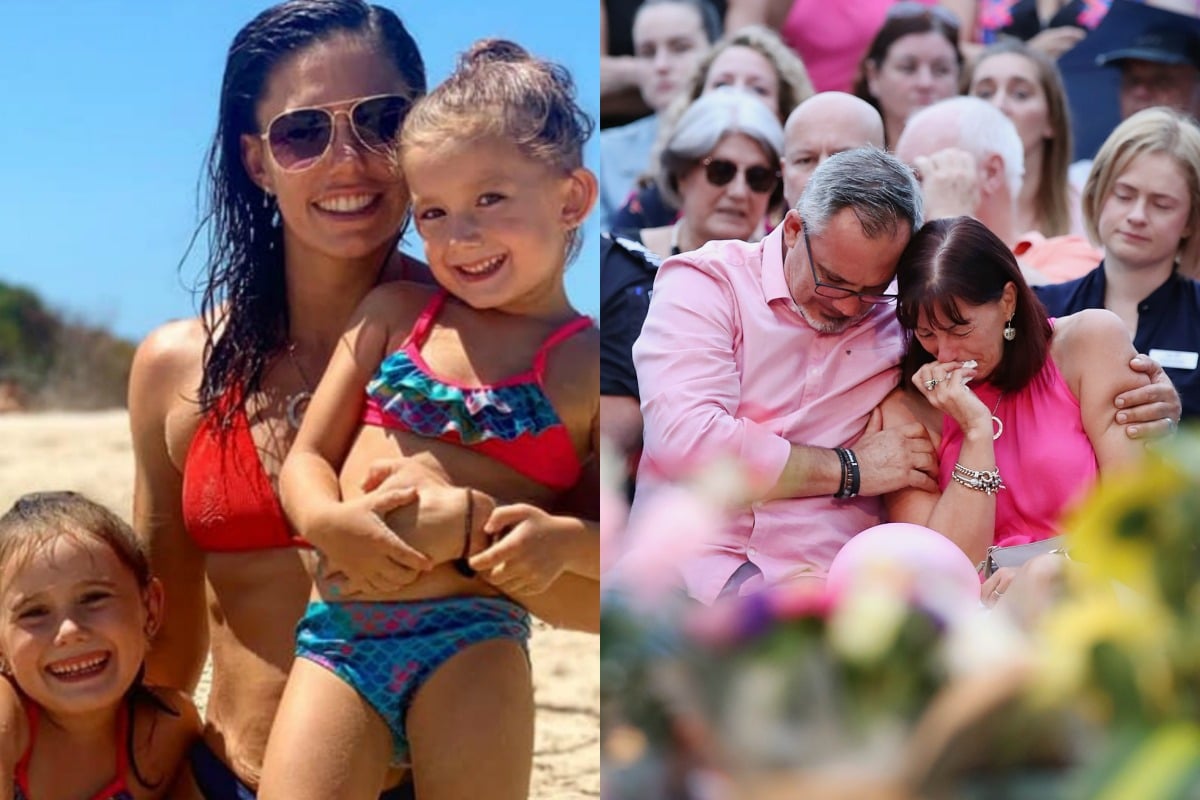
This post deals with domestic violence and might be triggering for some readers. If you or someone you know is impacted by domestic violence, call 1800RESPECTon 1800 737 732. In an emergency, call 000.
In the wake of Hannah Clarke’s murder, many of us have been left shell-shocked.
For victim-survivors of family violence there has been a palpable response that seems different to that of the other seven women already gone this year.
Shockingly, as I sit to write this the count is now at nine, and by the time this gets to you, there might be more.
Watch: The hidden numbers in women and violence. Post continues below.
What happened to Hannah and her beautiful children was horrifically brutal, and then came the media reporting. It lumped on us bucket loads of words full of victim-blaming and the good bloke narrative. Ones we thought we’d started to leave behind.
For those of us who survived leaving a violent man, and the families left behind from previous murders, we’re struggling to digest the recent horror of it all.




























































































